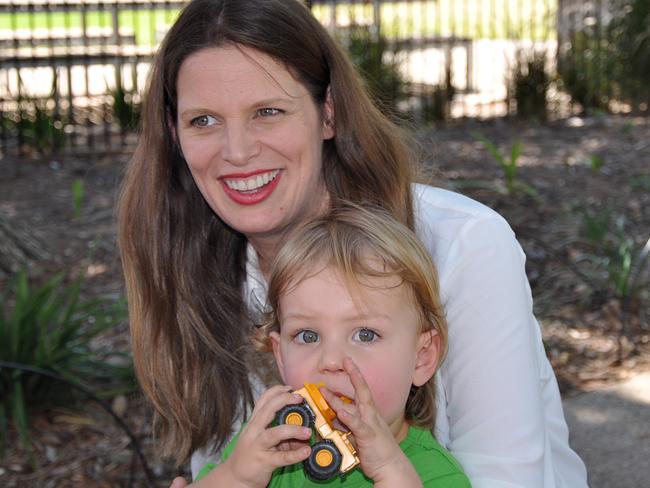Mums are economy’s greatest untapped resource, and we need to fix that
NEW research reveals stay-at-home mums are our biggest waste of potential and a crisis is on the horizon.
AUSTRALIA, we have a problem, and we’re not going to get away with it.
Women aren’t given the chances they deserve when it comes to employment and that needs to change, a confronting new research report has declared.
The Organisation for Economic Co-operation and Development found the employment rate of women aged 25-54 years was in the lower third of OECD countries at 72.5 per cent. Australia’s employment rate of single mothers, 50.8 per cent was among the lowest in the developed world, with only Ireland and Turkey doing worse.
The report warned the economy would face “a future shortage of labour as the population ages” unless efforts were made to help older women, indigenous Australians, and mums into the workforce.
Stay-at-home mothers were singled out as the “greatest untapped potential” for Australia’s workforce and were creating “potentially large losses to the economy”, as were mums who worked part time.
The provocative report follows Labor frontbencher Kate Ellis’s shock exit from politics, with the longtime politician citing difficulties reflected in the research.
“This had been a really hard decision for me ... in the end it is a decision that I have made for only one simple reason,” she said in a message to her constituents.
“Whilst my son could travel with me as a baby, during the next term of parliament he will start school and have to stay in Adelaide. The simple truth is that I just cannot bear the thought of spending at least 20 weeks of every year away from him and the rest of my family.”

While Ms Ellis said she didn’t think the situation was “a gender thing”, it’s been pointed out that when it comes to combining a tough job, particularly one that involves travel, with family, women have it tougher.
Following Ms Ellis’s resignation, news.com.au columnist Jamila Rizvi wrote: “The painful truth is that motherhood and politics don’t mix.”
“The parliament is still structured the way it was back in 1901 when the Australian states federated. That is, the parliament was designed for men and by men. Men who assumed parenting was the job of someone else. Modern public life remains utterly inconsistent with the realities of new motherhood and our country is the poorer for it.”
The OECD report backs this up, not just in politics but across all industries.
“Having children has an impact on parents labour market participation,” it says.
“The impact on women is usually much stronger than on men, especially when children are young.”
Employment rates of women with children in Australia are 9 per cent lower than those of all prime-aged women, the report declared.
Urging Australia to help this “untapped potential” into the Australian workforce, the OECD recommends the government adopt “facilitation of a better work-life balance” and focus and the provision of affordable childcare.




